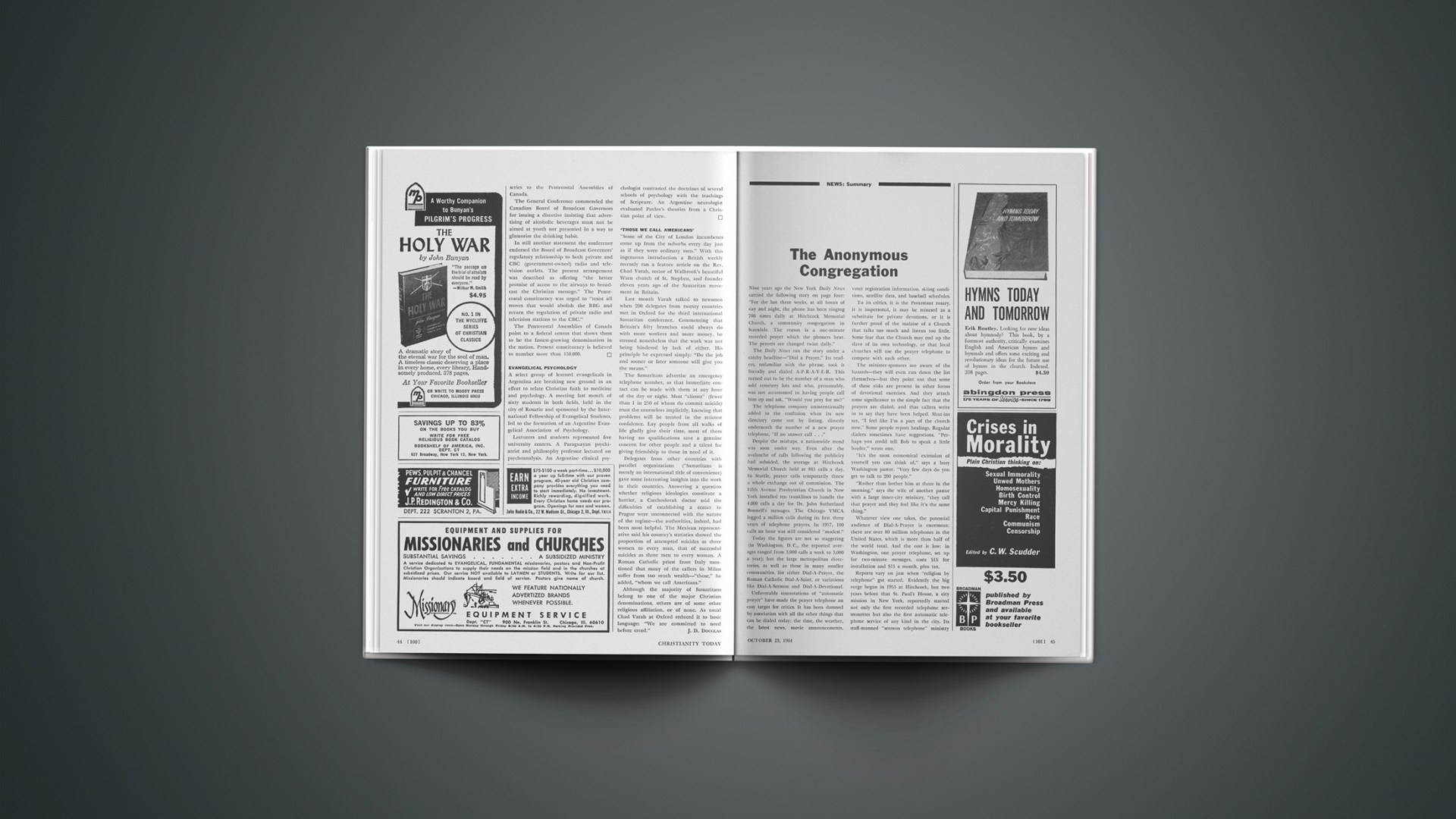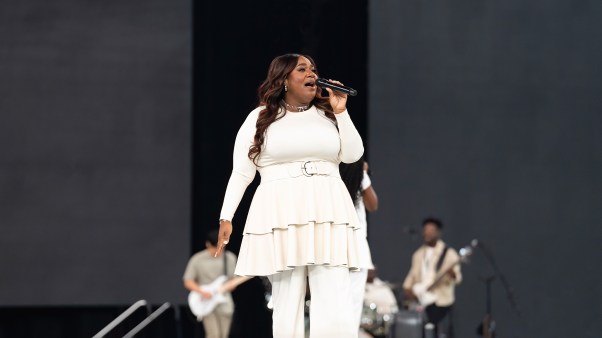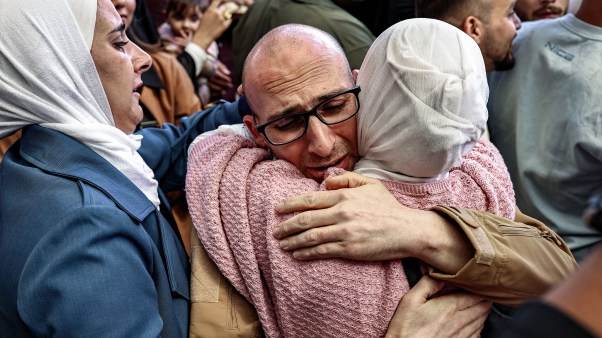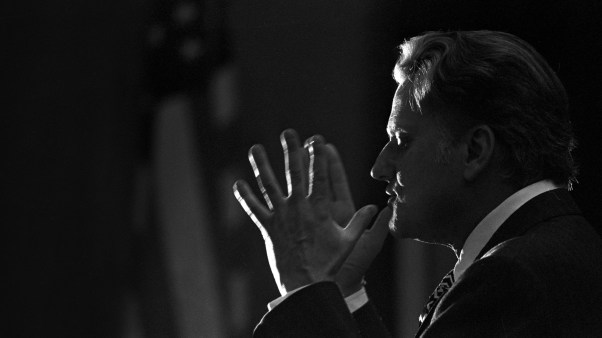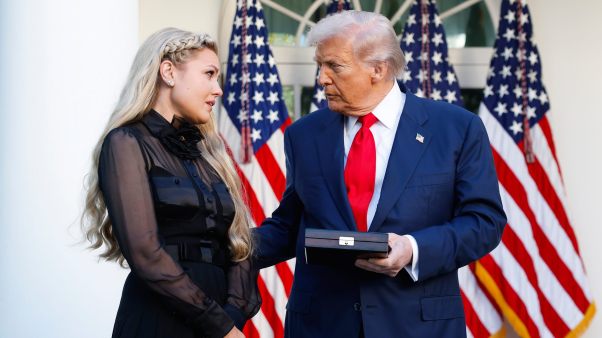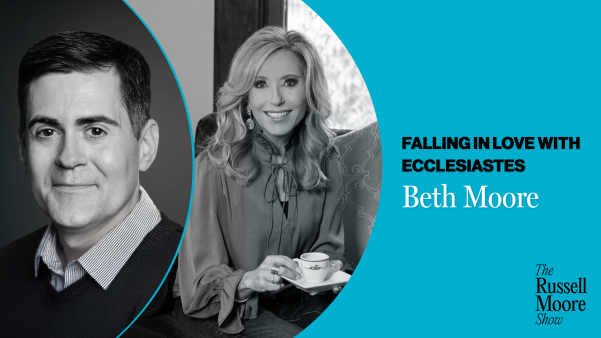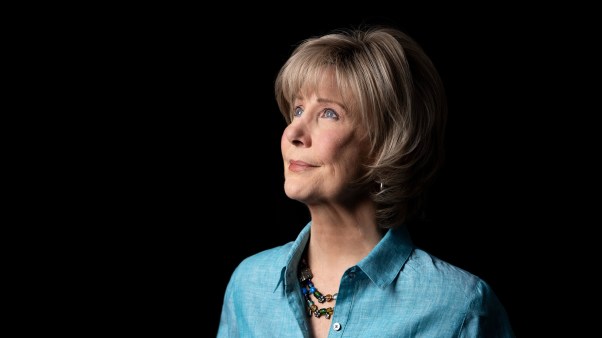Nine years ago the New York Daily News carried the following story on page four: “For the last three weeks, at all hours of day and night, the phone has been ringing 700 times daily at Hitchcock Memorial Church, a community congregation in Scarsdale. The reason is a one-minute recorded prayer which the phoners hear. The prayers are changed twice daily.”
The Daily News ran the story under a catchy headline—“Dial a Prayer.” Its readers, unfamiliar with the phrase, took it literally and dialed A-P-R-A-Y-E-R. This turned out to be the number of a man who sold cemetery lots and who, presumably, was not accustomed to having people call him up and ask, “Would you pray for me?”
The telephone company unintentionally added to the confusion when its new directory came out by listing, directly underneath the number of a new prayer telephone, “If no answer call …”
Despite the mishaps, a nationwide trend was soon under way. Even after the avalanche of calls following the publicity had subsided, the average at Hitchcock Memorial Church held at 845 calls a day. In Seattle, prayer calls temporarily threw a whole exchange out of commission. The Fifth Avenue Presbyterian Church in New York installed ten trunklines to handle the 4,000 calls a day for Dr. John Sutherland Bonnell’s messages. The Chicago YMCA logged a million calls during its first three years of telephone prayers. In 1957, 100 calls an hour was still considered “modest.”
Today the figures are not so staggering (in Washington, D. C., the reported averages ranged from 3,000 calls a week to 3,000 a year); but the large metropolitan directories, as well as those in many smaller communities, list either Dial-A-Prayer, the Roman Catholic Dial-A-Saint, or variations like Dial-A-Sermon and Dial-A-Devotional.
Unfavorable connotations of “automatic prayer” have made the prayer telephone an easy target for critics. It has been damned by association with all the other things that can be dialed today: the time, the weather, the latest news, movie announcements, voter registration information, skiing conditions, satellite data, and baseball schedules.
To its critics, it is the Protestant rosary, it is impersonal, it may be misused as a substitute for private devotions, or it is further proof of the malaise of a Church that talks too much and listens too little. Some fear that the Church may end up the slave of its own technology, or that local churches will use the prayer telephone to compete with each other.
The minister-sponsors are aware of the hazards—they will even run down the list themselves—but they point out that some of these risks are present in other forms of devotional exercises. And they attach some significance to the simple fact that the prayers are dialed, and that callers write in to say they have been helped. Shut-ins say, “I feel like I’m a part of the church now.” Some people report healings. Regular dialers sometimes have suggestions. “Perhaps you could tell Bob to speak a little louder,” wrote one.
“It’s the most economical extension of yourself you can think of,” says a busy Washington pastor. “Very few days do you get to talk to 200 people.”
“Rather than bother him at three in the morning,” says the wife of another pastor with a large inner-city ministry, “they call that prayer and they feel like it’s the same thing.”
Whatever view one takes, the potential audience of Dial-A-Prayer is enormous: there are over 80 million telephones in the United States, which is more than half of the world total. And the cost is low: in Washington, one prayer telephone, set up for two-minute messages, costs $15 for installation and $15 a month, plus tax.
Reports vary on just when “religion by telephone” got started. Evidently the big surge began in 1955 at Hitchcock, but two years before that St. Paul’s House, a city mission in New York, reportedly started not only the first recorded telephone sermonettes but also the first automatic telephone service of any kind in the city. Its staff-manned “sermon telephone” ministry will be twenty-five years old this December; during this time 1.5 million calls have been taken on its manned and unmanned lines.
Ministers like to experiment with their minute messages: one uses them as a kind of church newsletter and records sermon excerpts, announcements, and other items of interest to attenders and shut-ins. (The telephone number is not advertised.) Another pastor, drawing on his experience in radio, plans to use background music and other broadcasting techniques.
What causes a person to pick up the phone at, say, midnight and dial a prayer? Ministers presume it is some kind of need, defined or undefined; or they will say that Dial-A-Prayer has an appeal to the big-city dweller, “who wants to be anonymous, but doesn’t want to be lonely.”
Of course the minister really does not know what motivates his anonymous callers, any more than he knows whether his messages give them what they called for. But this inevitable ignorance has not proved a deterrent.
“This is one way the Church can give itself away without expecting a return,” said one pastor in Washington. “We talk about the ministering, serving role of the Church. This is one tiny element of that.”
Protestant Panorama
Southern Baptist Executive Committee will tighten voting procedures at future denominational conventions. A spokesman said there is insufficient evidence to prove or disprove charges of ballot-stuffing at the last two annual sessions.
U. S. Methodists added a net total of 69,198 members to their churches last year, a gain amounting to less than 1 per cent. The total for the denomination now stands at 10,304,184, second only to Southern Baptists among American religious bodies.
Miscellany
A solar sea-water conversion plant built on the Greek island of Symi by Church World Service, relief agency of the National Council of Churches, was dedicated this month.
Construction of a half-million-dollar Ecumenical Church Center in Brussels is expected to begin next summer. Current plans call for a church and a nine-story annex. The church will be designed to accommodate international services for some 5,000 employees of the Common Market secretariat.
Personalia
Dr. Dyre Campbell was elected president of the National Evangelistic Association of the Christian Churches (Disciples of Christ).
Dr. James W. Kennedy was named director and editor of Forward Movement Publications, a Protestant Episcopal literature ministry.

